The Process
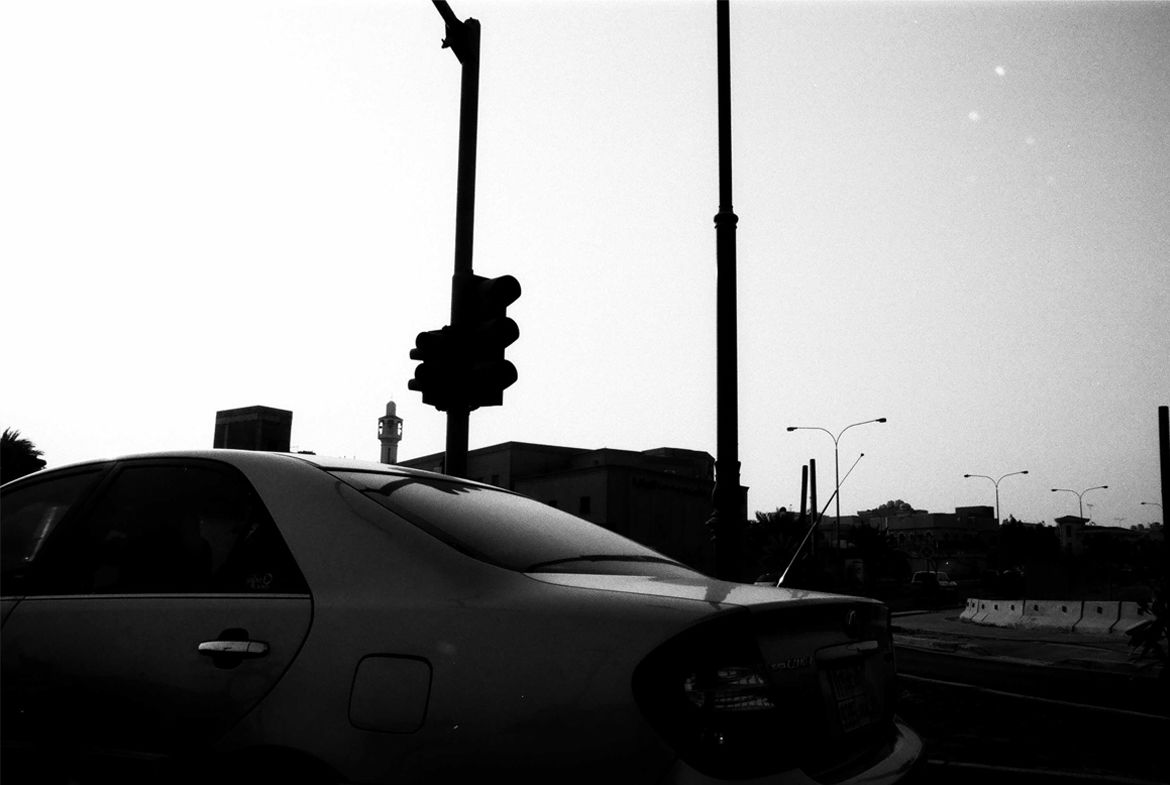
ENTRY #1: Negotiating Spaces: Navigating a Collaborative Art and Research Project
JULY 2014
Manal: Hi May, I just wanted to catch up with you after our June interviews in the Eastern Province. The group of women we went to visit was inspirational and the objects that were presented to us were very unexpected. I am very pleased with what we have collected so far: almost 6 hours of video, about 100 photographs, and some very good spontaneous iPhone videos.
I also wanted to mention that after two years of talking about this project as friends we are finally project partners. I am very excited about this venture, which I know will carry its own stories and experiences. I was just checking in to see how you are doing after our two weeks in Saudi and ask you how you felt about this project and our collaboration so far?
May: Hala Manal. I am also really inspired by the set of interviews we had in shargiyya. I really enjoyed the process: The anticipation before the interview and the unfolding of the interviews in the most unexpected of ways! I feel we are both so privileged to be able to hear the stories and to reflect on them together. You know, Alice Walker once said "The most common way people give up their power is by thinking they don't have any". So I guess, for me, this collaboration is about power. It is about documenting women's stories. It is about dissecting what it means to be a woman in the midst of a "modernity project": Mystified and hyper-visible at the same time. Most importantly, this collaboration is about a friendship with someone I have always admired and cherished.
Manal: I hope you still admire and cherish me once this is over ya May!
So what is collaboration? Is it any different from a partnership, a friendship, a sort of marriage? If a collaboration gives you power can it also take it away? Or will it teach us the art of negotiation? So what will the dynamics of our partnership be during this time of shared work? I think we will definitely explore our personal stories alongside the stories we will be collecting!
May: Our friendship far predates our collaboration. But I think our collaboration will challenge it and strengthen it. Basically, my dear, I have faith that our friendship will survive our negotiations! I've been a "subject" in some of your artwork and I've featured your art in some of my writing. Co-creating something, is a different ball game altogether. I really look forward to that.
Through our collaboration (read: conversations, arguments, moments of insight, and consistent chaos) I hope we can deepen our self-reflexivity and find new ways of seeing things that appear familiar. Through our exchanges, I look forward to developing my own feminist understanding, which is constantly evolving.
Manal:
Indeed it is all about faith and friendship in the end!
May, I really like your statement “find new ways of seeing things that are familiar”. We will definitely face a few personal challenges during our research because we are delving into the new and unknown. Like using a visual language to present research; will it be accepted as both art and research? I am also still conflicted about what we choose to document and how will we present it. Should it be a mirror image of what we physically see or do we place it through the filter of our thought process and produce a more ethereal interpretation for our “modern archive”?
I too look forward to developing my work further; I will continue to build my work around the tension created between the concepts linked to preservation and active forgetting. More specifically I will try to build an archive that captures a contemporary interpretation of specific group within an undefined context. Meaning the structure of the archive and its contents will be defined by the organic flow of the elements we collect during our visits to the women across the country.
Those are just a few of the struggles I am grappling with and we have just begun! What do you think will be your challenges during this project?
May: It seems we are both keen to not take the obvious for granted! You know, you called our project an archive. I agree but I am also keen to emphasize that our "archive" is an emergent process not a final outcome. It is subject to a complex process of inclusion/exclusion. How will our archive be different from previous attempts to create "lists" or encyclopedias or even a museum of "Saudi women"? Conceptually, how can our project go beyond the typical ways in which women's issues are used to stand in for politics? To drive or not to drive? Let's just fill up that space so we are not able to discuss anything else! Ha ha.
You and I have often joked about that awkward moment that occurs after someone discusses our work they want to know: "as a Saudi woman" what do you think of this? Or "you must be so brave to work on gender issues in Saudi!"
I find this discursively violent. It puts you in a position of answering for a collective or needing to justify why you don't fit a preconceived frame. It also assumes that any work on Saudi women is necessarily heroic.
I hope that this project will allow us to bring some of these contradictory experiences to the fore. Of occupying multiple worlds, often simultaneously, and of potentially using humor to show the absurdity of it all.
Narrating stories puts women's voices first. With all of its diversity and contradictions. Including ours. Making obvious our assumptions/positionality not only in relation to the women in our interview, but the wider community who reads about our work. Our attempt at an archive or collection, is not definitive or fixed, but a reflection of who we are today and our activism against multiple forms of hegemony.
Manal: I want to discuss our more general concept of the project, our experiences with the subjects of our archive and maybe delve into the personal impact that this project brings with it … But ‘Id holidays are just around the corner. So I wish you very happy holiday May and lets reconnect after the break!
Until next time,
Manal
May: Eidik Mbarak, Manool. Please give my best to your family. Talk to you soon. x
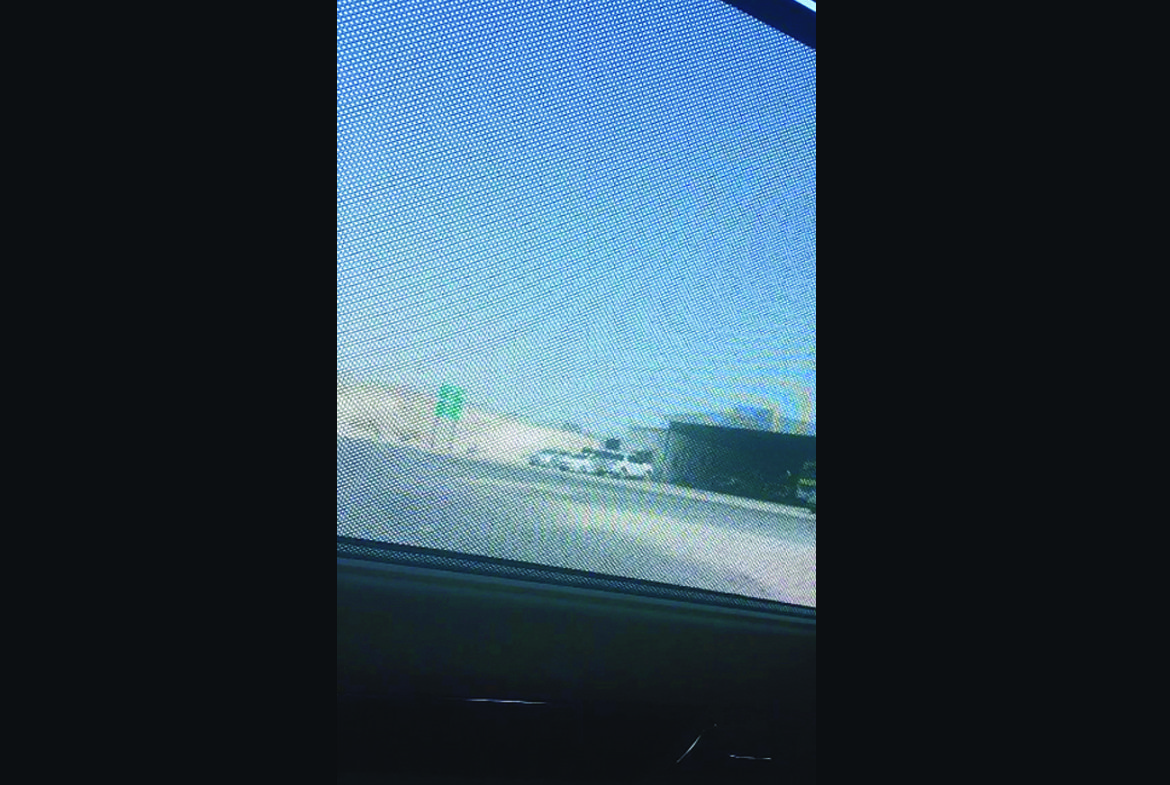
ENTRY #2: NAVIGATING A COLLABORATIVE ART AND RESEARCH PROJECT IN PICTURES
The window
Driving around in the midday sun in June. Our first interviews were conducted in the Eastern Province in areas like Khobar, Safwa, and Dhahran. We experiment with the idea of how to document our journey during this project. We debate: Do we want to focus on the interviews or our journey?
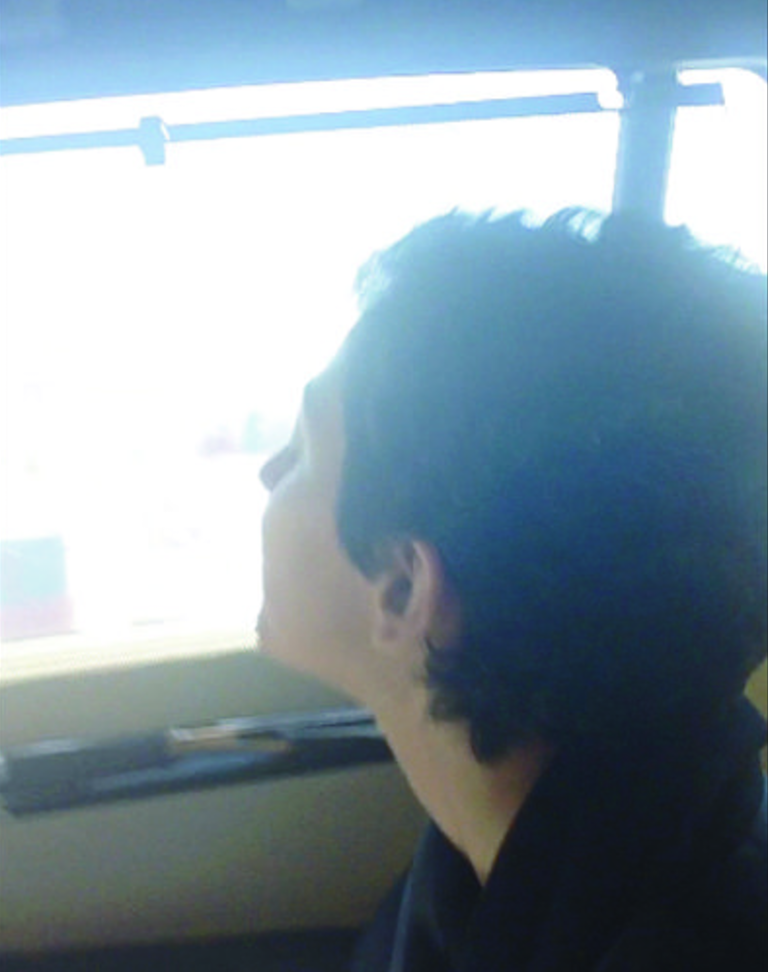
May
Navigating the streets from the backseat of the car. Peering through the shaded window, we approach the home of one of the women we will interview. We get lost on the way back. An odd feeling.
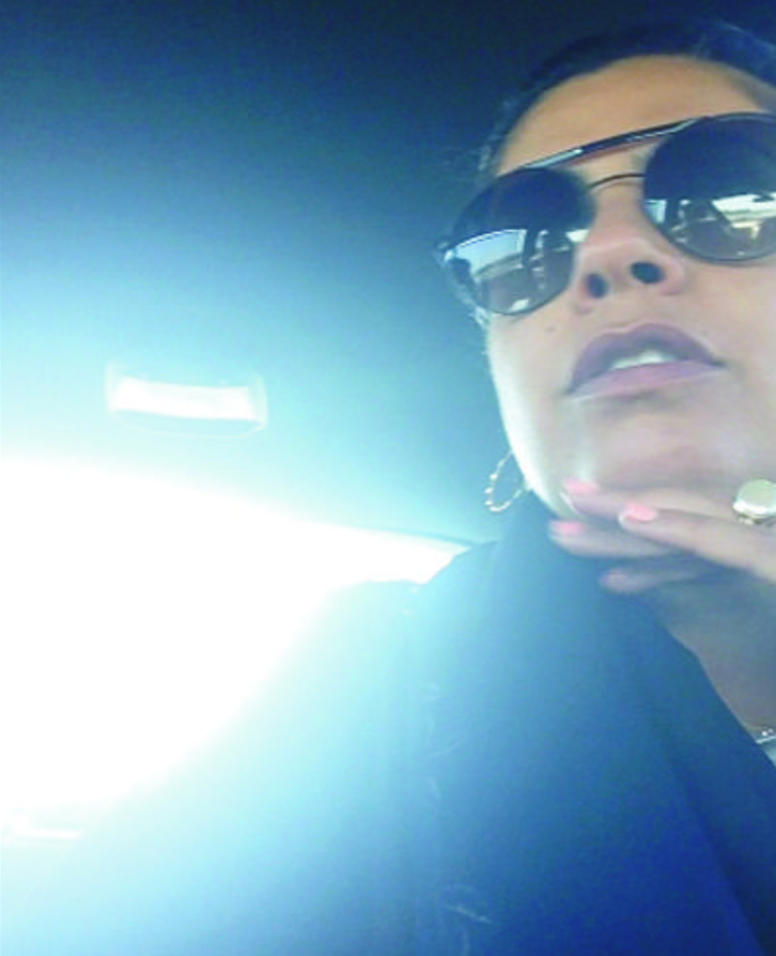
Manal
We reflect on the visit we just had during our car ride back to our homes. We go over our most interesting moments of the interviews and the areas where we can improve. We argue a little and we laugh a lot.
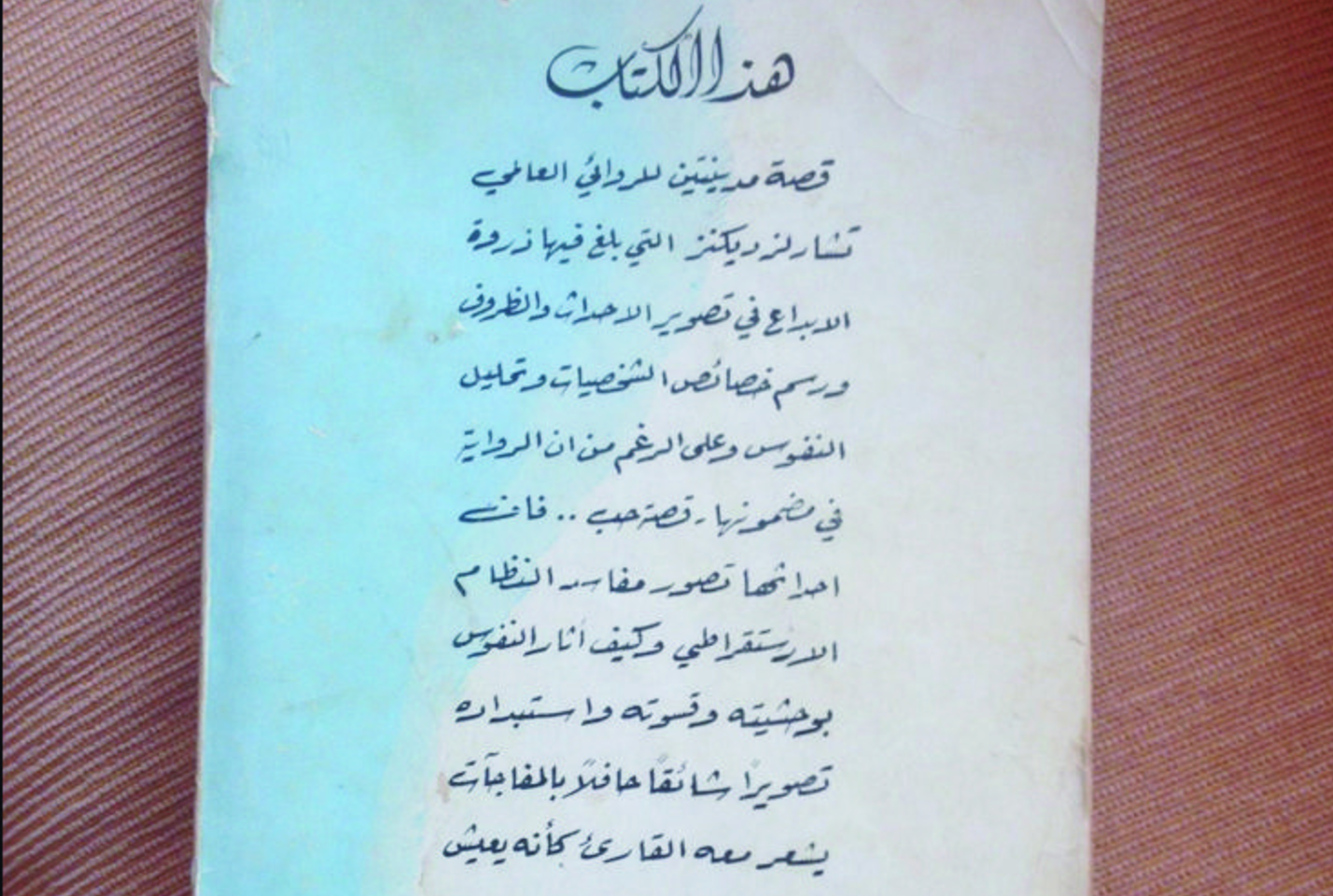
The Book
We ask the women we interviewed to share with us objects that symbolize something about their life’s journey. We debate whether to include everything that is presented to us or select ones to fit into a structured framework.
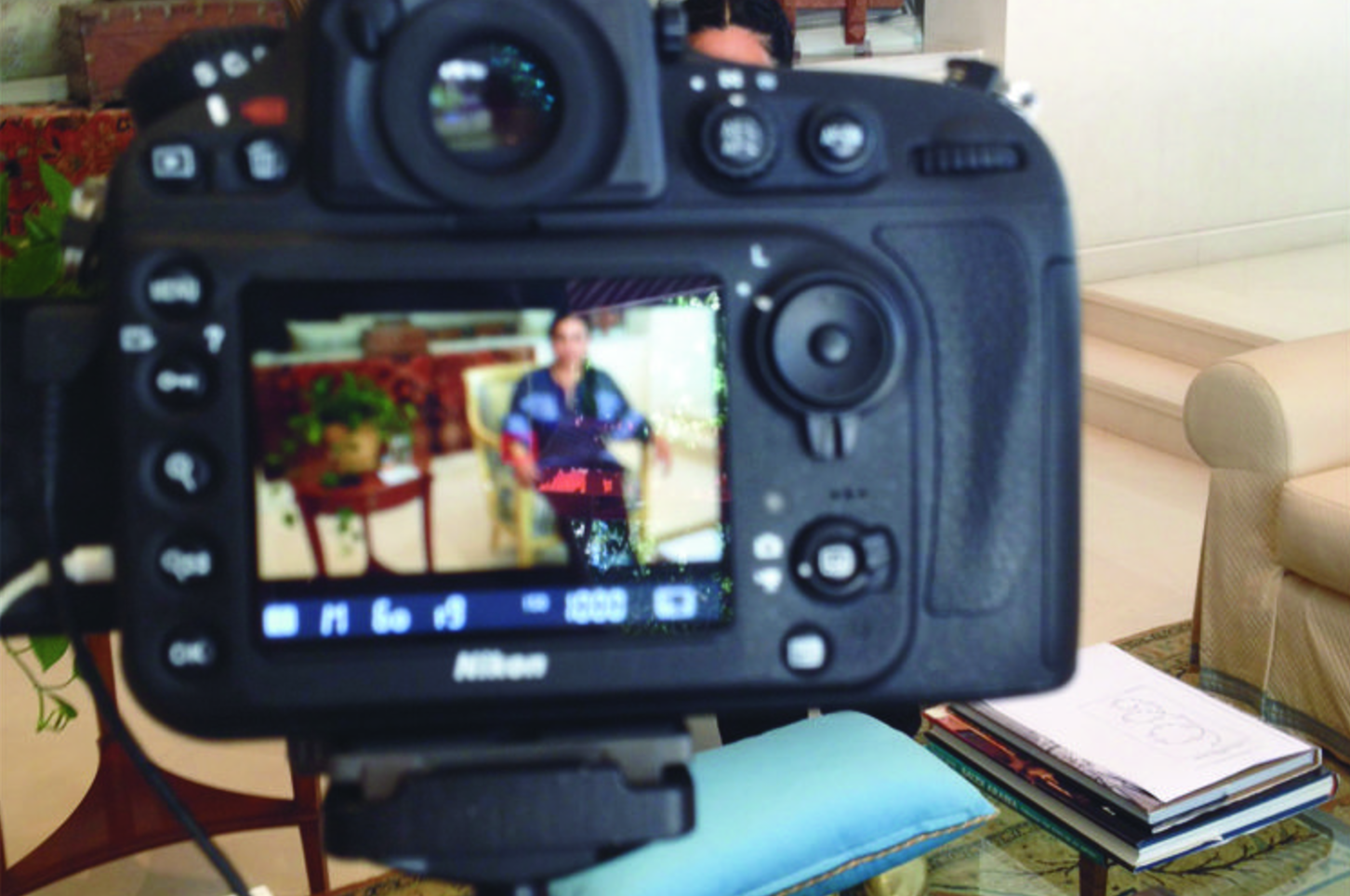
The Camera
We realize that both of us have been on both sides of the camera. We talk about what it means to occupy this insider/outsider status. Manal strikes a pose.
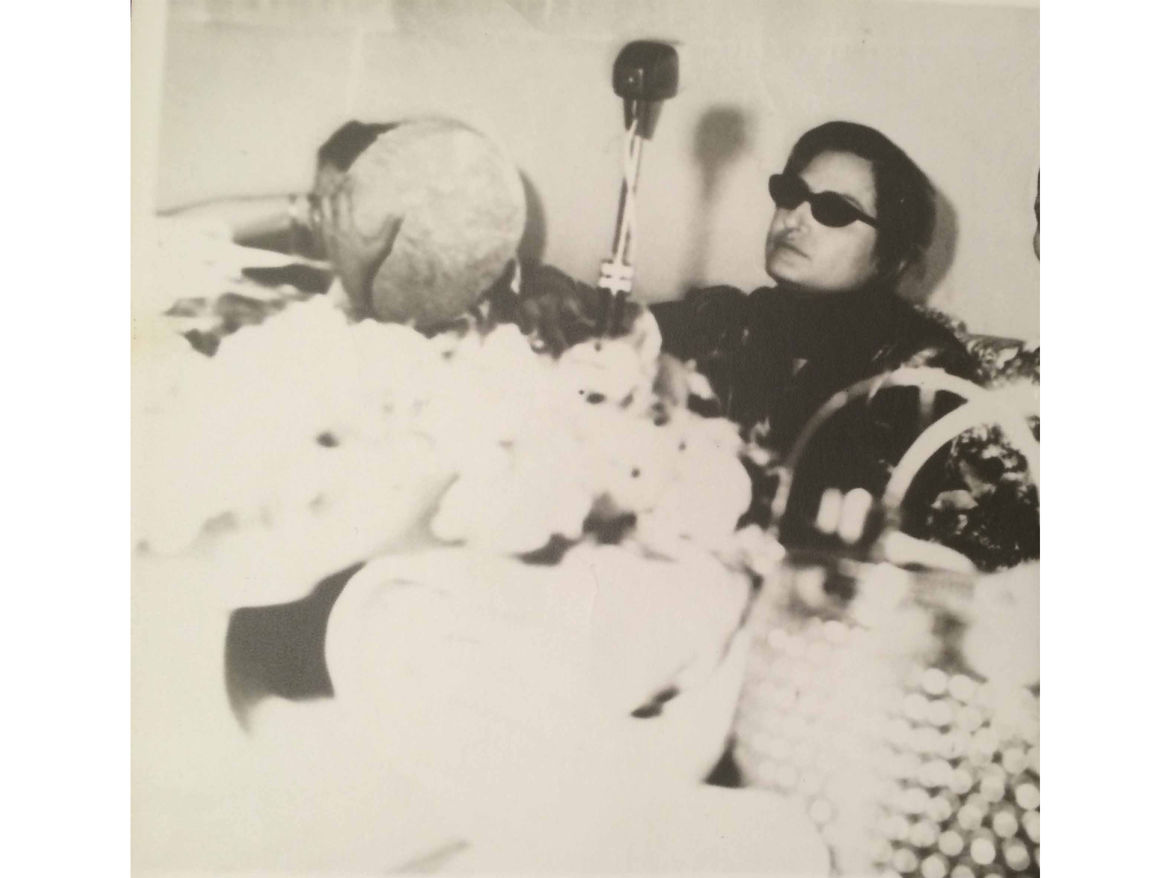
ENTRY #3: CONSTRUCTING THE ARCHIVE - THE ABSURD, THE PARADOXICAL, AND THREE VERSIONS OF THE STORY
Manal: Hi May, Again our correspondence happens with me in one country and you in another. Our analysis of our week-long second run of data gathering in Saudi totally digested in a way.
During the past couple of weeks we started to develop some ideas and at the same time we had an amazing time questioning and dissecting them. I think the first interesting revelation we had was how we told our story to different women and how we explained our project concept to people of completely different backgrounds than ours. Those discussions were our story-telling moments. But it remains whenever we thought we had simplified our concept to a short explainable story .... We would launch into a long discussion that negated everything we said. So, can I safely say that our project revolves around two ideas: 1. Understanding the false archive 2. Redefining the description "Saudi Woman" within the false archive.
What do you think May? Do you want to add to or change these two points?
May: Hala Manal, I like your insight into our experience with storytelling as we were collecting stories! Sort of a meta-observation. I think it also captures some of the inherent tensions in our project that you were getting at: constructing and deconstructing at the same time. Constructing an archive, yet critiquing the 'concept' of an archive. Collecting stories, yet critically reflecting on the notion of an oral history project. I like that tension.
Originally, what really drew me to this project was that I wanted to challenge the notion of exceptionalism tied to "Saudi women". I wanted to problematize why some Saudi women are hypervisible. In particular, I wanted to better understand the experience of many women who worked within "the system" to try to change it. These are often discredited in scholarship as "window dressing" or disregarded by those who would rather not see women anywhere. Yet I also wanted to create a space to address why current hegemonic formulas for "participation" can also be limiting. I want to feature women left out of official narratives/history of the celebrated "Saudi woman". So that tension is an inherent part of the project from the beginning for me. Is that something that resonates with you?
I'm also a little hesitant to use the word "false". I'm not sure why. Do you think the archive is false? Part of me wishes we could include our collaboration as part of the outcome and not only as the process piece in the project. Wishful thinking?
Manal: Ahlan wi Sahlan ya Dactoora! Your last email got me thinking about several “tension” points for us during this project, I agree that there is an obvious exclusion of “regular” women from the collective memory of our societies. A Saudi woman must be exceptional or she has no space in the “official narrative/history” as you put it. But by defining this group as regular women are we again going back into a loop that continues to exclude? In our fervor to preserve and deepen understanding are we creating a negative grouping? Or are we expanding the collective memory just a little bit to include our version of the story?
I think we started to answer these questions quite early in our process. Especially when we started to question the idea of the archive and recognized that there are several versions to a story. A version that we are telling, a version that our data carries, and a version that is developed in the mind of the person that comes across our project. Which I think led us to the conclusion that our real focus is not about documentation of a specific group, rather it is about understanding how to navigate knowledge in our current environment of data and media overload.
I understand that you might have reservations towards the use of the word “false” because it carries a completely negative meaning. How do you see us defining this project?
May: Hala Manal, I see our project as an exploration of the absurd and the paradoxical: A mixed media archive of Saudi women's stories that documents the voices of women alongside representations about them. Accordingly, it is a project about women speaking and being spoken for. I want to retain that original passion we both had of (attempting to) create an emancipatory alternative space for representing women's history and lives.
Personally, I don’t see a contradiction between this project being a project about representation as well as a project about challenging how knowledge is produced about our social world. Remember when we started the project we had lots of discussions about Archive Fever? That launched us into a long conversation about methodology. I was telling you how much my approach to the project is inspired by standpoint theory: that all truths are partial and that attempts to represent the social world always emerge from a particular position that the producer of knowledge holds. So what is routinely presented as “objective” knowledge about the world is actually socially constructed and often hegemonic because it reflects the interests and view points of those in power. Accordingly, our construction of “an archive” is an opportunity to reflect on the ways that power shapes knowledge production. However, we would not be doing this in a void. It has to, in fact it must, emerge out of our experiences about something we care deeply about.
Yallah, that’s enough for now. Until we meet again..
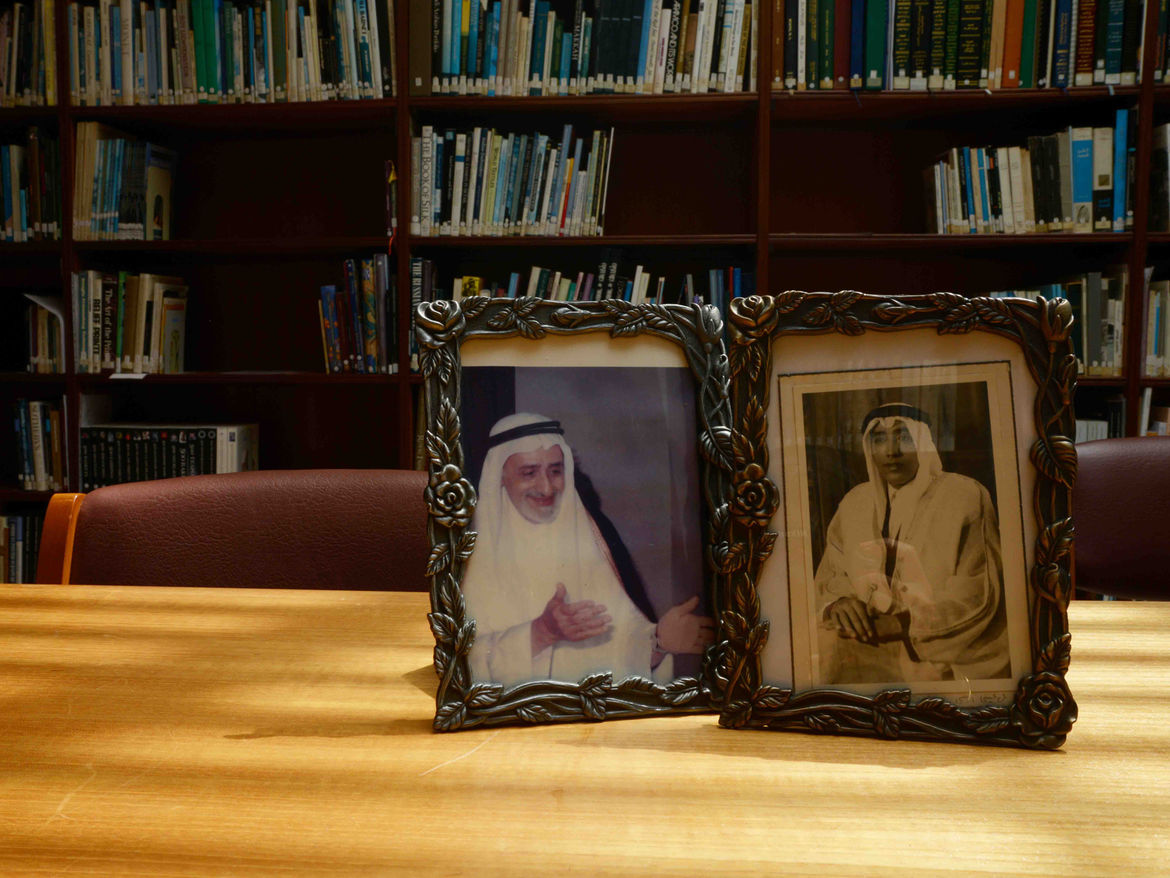
ENTRY #4: MASTERS OF THE ARCHIVE - IMAGINING THE FACTUAL AND FACTUALIZING THE IMAGINED
Manal: Hi May! So in response to a question you posed last month, your wishful thought of including our collaboration as a tangible part of the project rather than having it defined as part of the process...
I think our collaboration and our voices are the perfect setting for creating a space to explore the absurd and paradoxical. Can we create an emancipatory alternative space? I think we can, if we can focus on revealing the truth rather than attempting to represent it. Can we use the idea of an archive to convey our version of the story, but not necessary abide by the rules of an archive? I think yes!
So at this time and moment I would like to declare ourselves as the “Masters of the Archive” in an outright dictatorship grab of what we want to included and excluded in our version of the modern Saudi woman archive. Do you accept?
May: Meen gaddik bas? Masters of the Archive, indeed. I guess a little bit of theatrical role playing can be fun. Do I get to wear a beret?
Manal: Hi May. Interesting but very stylish choice, a beret. Hmmm, people in academia are a bit nutty I must say, I think that’s why we get along so well.
So now that we have a declaration of power. How will we design our archive? I feel we need a declaration or a Manifesto of some sort. Something that sets the stage for a space that has the powerful feel of visual objectivity; by displaying books, screening interviews and arranging found objects. We can also include a detailed labeling of the archive contents using a scientific style of formatting. These all give the illusion that we have come to a formulated conclusion to our research. Our organized display of our collected items and their archiving can create a space conducive to disseminating knowledge that is truthful. But, the absence of true analysis of all the collected and displayed objects allows for this project to be subjective. It also invites the viewer to imagine with us. In a sense we will all be imagining the factual and factualizing the imagined, which I hope will reveal the danger of believing without justification.
May: I love the fact that you will be experimenting with “text” the main medium academics use, and I am experimenting with “visuals” your usual mode of communication. I guess in a sense our collaboration is different from other academic/artistic collaborations that assume that each mode of expression is sacred. The social science “spoof” is fabulous. I think that creating a space for embracing subjectivity is key but also an interactive space that allows anyone seeing our exhibition to touch, feel, reflect, and express themselves. Their engagements are as much a factor in our “subjective” archive as our own subjectivities. I would love to bring that space for questioning into my classroom. Maybe also other classrooms? Manal, you are slowly going to sucked into the world of academia.
Manal: Academia?! Does that come with a beret too?
May, one important point I want to bring up before we move to another discussion is that I really want to make sure that this exercise is not perceived as a way of reducing the importance of our subject or disrespecting our participants. Most importantly, we are not attempting to fool our viewers. I want this project to help us understand when belief can turn data into truth, and what distinguishes justified belief from opinion.
I hope that our design for the visual representation of our conversations through an imagined archive summons an increased interest in questioning the data that seeks to define any group in this world but in our project we specifically question what defines the Saudi woman. In the end ya May, I think we might be the subjects of our own research. Do you think I’m narcissistic for thinking this way?
May: Yes. But I love the narcissism. It totally suits you. Just kidding. I love the fact that we are challenging the usual dichotomy between producer of knowledge and object of study. The fact of the matter is, we have been both. And this project allows us to explore that space without needing to label the experience. Also, your concern about how our participants feel about our project is valid. I think we have been fairly self reflexive during this whole process. But maybe we bring them in and have them share the space we have created? We could even invite them to comment on the representations and include it in the exhibit or at least in our book. Yes, I’ve decided, the book is going to happen! Now that I’m Master who is going to say no?
Manal: OMG I have created a monster!
May: Actually, this is just the beginning. You haven’t seen anything yet.
